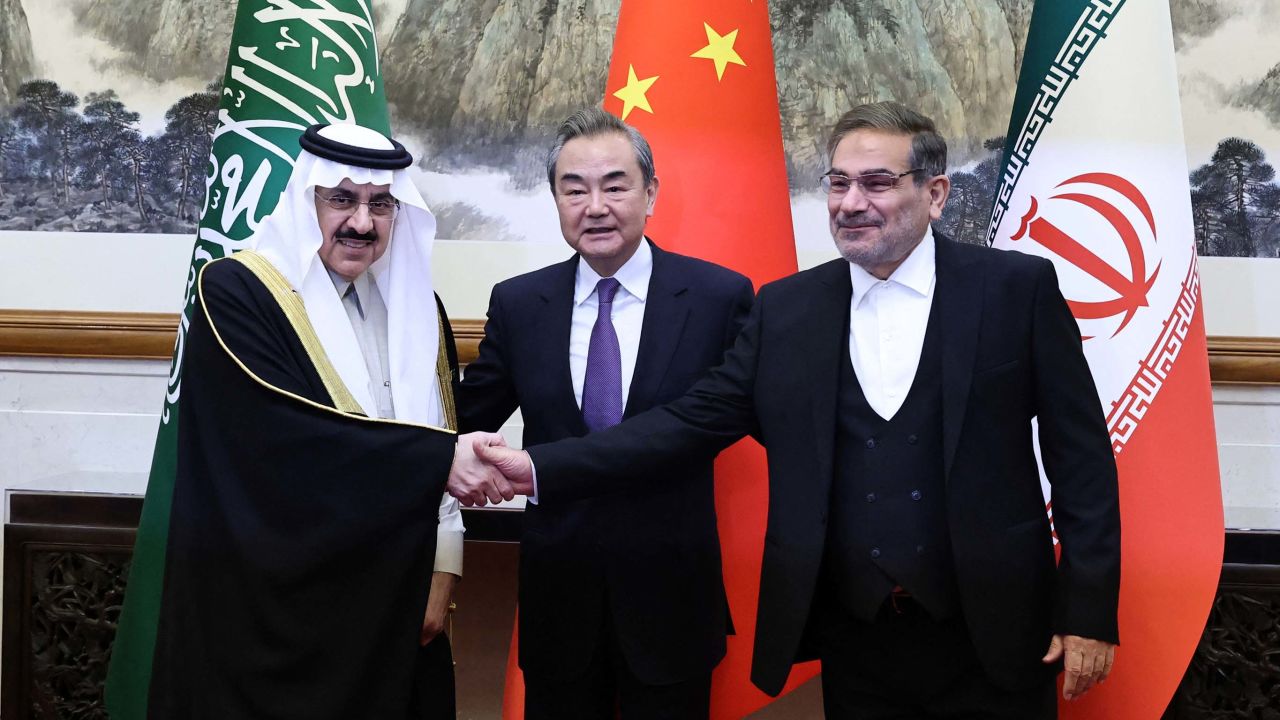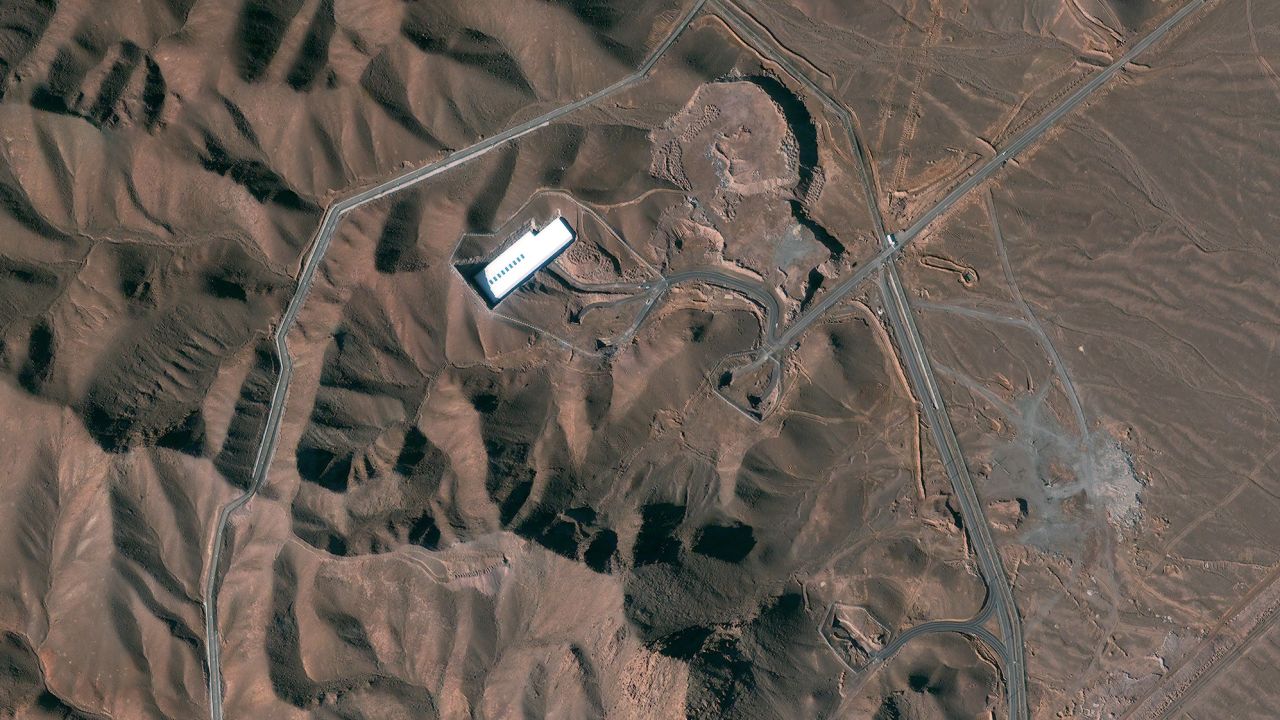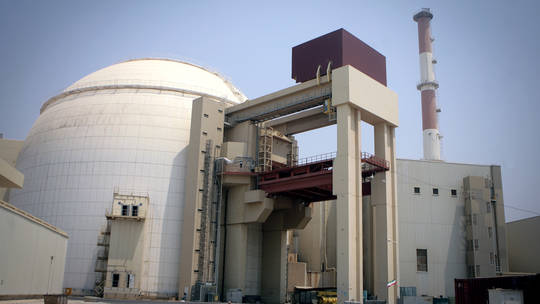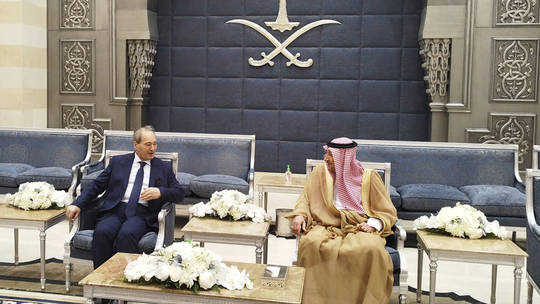The area can be affected by a Saudi-Iranian rapprochement. This is why.
March 14, 2023Tweet

Saudi Arabia and Iran have given each other two months to prove they are serious about normalizing ties, a large task given how far-reaching the implications could be. The reconciliation comes as Iran finds itself increasingly isolated on the world stage and Saudi Arabia changes its foreign policy in favor of diplomacy instead of confrontation. The Iran-Saudi cold war has had an impact on almost every conflict in the region, and its resolution could have equally strong repercussions. Yemen has been one of the countries most affected by Riyadh and Tehran's spat, with a Saudi-led coalition intervening to fight the Iran-backed Houthi rebels in 2015. The Yemen war was likely the priority on the agenda for both countries, and the Iranian mission to the United Nations said the reconciliation "would accelerate the ceasefire, help start a national dialogue, and form an inclusive national government in Yemen."
Hussein Ibish, a senior resident scholar at the Arab Gulf States Institute in Washington, DC, believes that Iran may use its leverage against the Houthis to push for a resolution to the Yemen conflict. Abdulwahab al-Mahbashi, a member of the Houthis' political wing, told Lebanon's al-Mayadeen TV that a resolution must be achieved through direct negotiations with Riyadh as the Houthis are not "subordinate" to the Iranians. Saudi Foreign Minister Prince Faisal bin Farhan on Friday said that Lebanon needed "Lebanese rapprochement" for the situation in Lebanon to improve, but analysts believe that Saudi Arabia may be separating its grievances with Lebanon from its conflict with Iran. Lebanon is currently more important to the Iranians than it is to the Saudis, and unless that changes, Hezbollah is likely to remain "the dominant player in Lebanon." The Israeli political establishment is blaming the former government, led by Naftali Bennett and Yair Lapid, for the deterioration of the relationship with Saudi Arabia. Netanyahu has been neglecting the situation in the broader Middle East, focusing instead on his government's efforts to enact a controversial judicial overhaul.
Lapid tweeted that while he and Bennett were in power, Riyadh signed an aviation agreement with Israel, direct flights for the Hajj, and a security agreement related to islands in the Red Sea. Bennett tweeted that the most extreme government in the country's history was established here and it became clear to the Saudis that Netanyahu was weak and the Americans stopped listening to him. Netanyahu did not mention the deal in remarks ahead of the weekly Israeli Cabinet meeting on Sunday. Iraq welcomed the reconciliation between Iran and Saudi Arabia, as it had become an arena for Iranian-Saudi rivalry since the fall of the Saddam Hussein regime in 2003. Analysts say Iran has used Iraq to add pressure to Saudi Arabia in all areas, including political, economic and security pressure.
Iran-aligned parties have long held influence in Iraqi politics and have caused political deadlock that has culminated in violence. Saudi Arabia would want Iran to rein in some of its allies in Iraq, especially armed paramilitary groups, but this may be a pipe dream as Iran sees Iraq as a vassal state and its allies in parliament will want to preserve their Tehran-aligned interests.The Iranian foreign ministry didn't respond to CNN's request for comment.
Saudi-arabia Lebanon Saudi -iranians Yemen
Comments
Related news

Ronaldo's deportation is sought by a Saudi lawyer for "public indecency"
Read more
IAEA study finds near-bomb-grade uranium at Iranian nuclear facility.
Read more
'Done agreement' on Messi's move to Saudi Arabia - media
Read more
Many French employees are outraged that they may have to retire at age 64. Reasons why
Read more
Israel asserts that Iran can produce nuclear weapons.
Read more
Syria and Saudi Arabia have crucial discussions.
Read more
Al-Aqsa is stormed by Israeli police and settlers, forcing Muslim worshippers to leave the area.
Read more
Philippines claims disputed area with a marker.
Read more
Saudi Arabia issues an oil embargo warning.
Read more